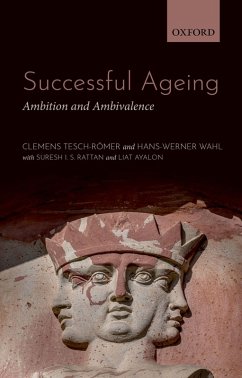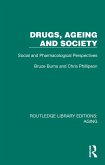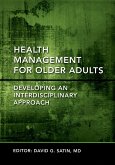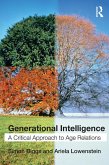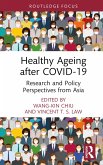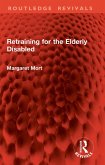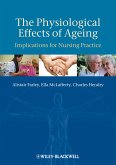The ambition of ageing science to discover the golden fleece of longevity and health is closely connected to the concept of 'successful ageing'. Still, for a large portion of the population, frailty and cognitive impairment is the reality of ageing, and it is by no means certain if health promotion, prevention and other interventions will reduce the probability of its occurrence. This book argues that a narrow understanding of 'successful ageing' as good health, full functioning, and active participation in society excludes a large portion of ageing individuals from the quest for a good life in old age. The challenge is that the term 'successful ageing' comes with ambitions but also with ambivalence. On the one hand, it counteracts the deficit view of ageing and facilitates visionary thinking on what might be possible in the future. On the other hand, its implicitly ageist and derogative features have negative consequences to older people and society at large. So, what is successful ageing? We provide answers at three levels: First, we synthesise the various models used to define successful ageing into a heuristic scheme able to unravel the normative complexity and differences inherent in existing models. Second, we anchor successful ageing models in a tripartite way at micro (individual), meso, and macro analytic levels of human development. Third, we argue that the usefulness of successful ageing in guiding policy will only profit from the concept, if it follows a pluralistic and holistic view without hastily deciding for one model only.
Dieser Download kann aus rechtlichen Gründen nur mit Rechnungsadresse in A, B, BG, CY, CZ, D, DK, EW, E, FIN, F, GR, HR, H, IRL, I, LT, L, LR, M, NL, PL, P, R, S, SLO, SK ausgeliefert werden.

